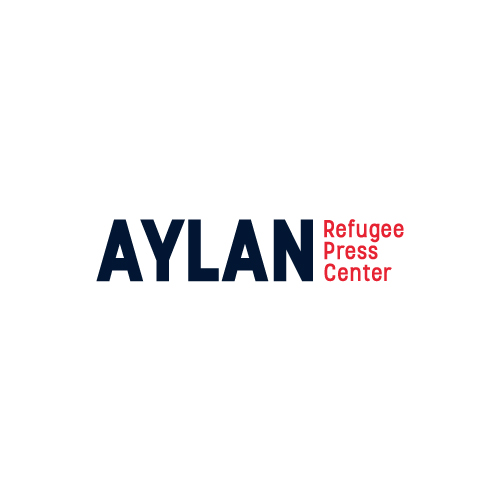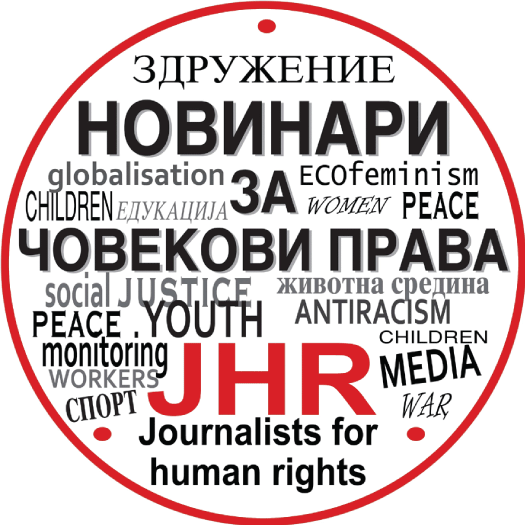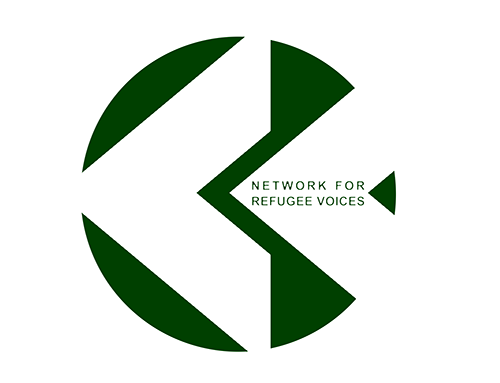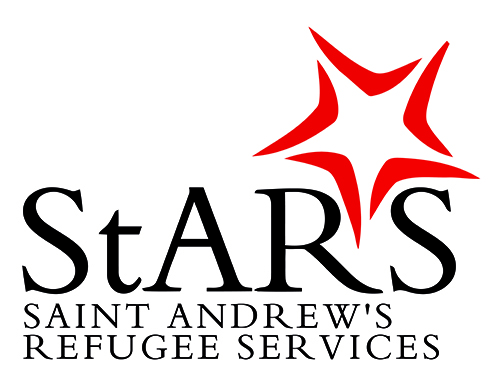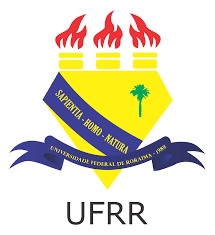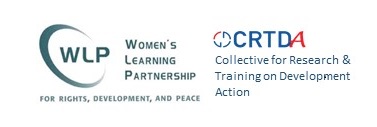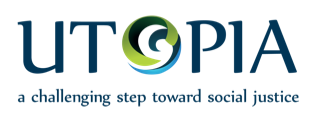Background
Refugee policy and program formulation, implementation and monitoring at the international, regional and national levels should be informed by the perspectives, experiences and priorities of those most affected by forced displacement - refugees and refugee-hosting countries and communities. Generally, policy makers and development and humanitarian practitioners view refugees as targets for development programs or recipients of aid rather than active and capable agents of change with the right to shape their own future.
There is a growing interest in and a movement towards greater refugee and host community participation and representation. However, significant political and financial resources and expertise is needed if this nascent movement for participation is to gain ground.
Policy Recommendations
The policy paper developed by the Representation and Participation Working Group encourages stakeholders to design and lead processes that encourage listening, foster a real exchange of views, and include representatives of relevant stakeholders, above all women. It calls for concentrated efforts to address barriers that prevent refugee-led and host community organizations in a transparent and mutually supportive manner.
You can access the policy paper here.
You can access the background paper for the Representation and Participation Working Group here.
Working group members
The policy recommendations developed by the Representation and Participation Working Group are based on inputs from 12 organizations, including three refugee-led organizations, six national organizations and three international organizations from nine countries: Argentina, US, Lebanon, Jordan, Australia, Brazil, Egypt, Macedonia, Turkey. The following organizations participated in the policy development process:
